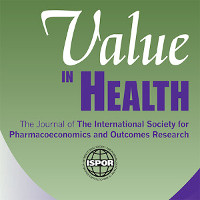Posted by Michael Wonder on 22 Mar 2018
Affordability challenges to value-based pricing: mass diseases, orphan diseases, and cures

22 March 2018 - Danzon has set out to analyse how value-based pricing, which grounds the price paid for pharmaceuticals in their value, can manage “affordability” challenges, defined as drugs that meet cost-effectiveness thresholds but are “unaffordable” within the short-run budget.
Three specific contexts are examined, drawing on recent experience. First, an effective new treatment for a chronic, progressive disease, such as hepatitis C, creates a budget spike that is transitory because initial prevalence is high, relative to current incidence. Second, “cures” that potentially provide lifetime benefits may claim abnormally high VBP prices, with high immediate budget impact potentially/partially offset by deferred cost savings. Third, although orphan drugs in principle target rare diseases, in aggregate they pose affordability concerns because of the growing number of orphan indications and increasingly high prices.
For mass diseases, the transitory budget impact of treating the accumulated patient stock can be managed by stratified rollout that delays treatment of stable patients and prioritises patients at high risk of deterioration. Delay spreads the budget impact and permits potential savings from launch of competing treatments. For cures, instalment payments contingent on outcomes could align payment flows and appropriately shift risk to producers.

